
Self portrait maze cartoon of cartoonist Yonatan Frimer
Click here for a printable, hi-res version of this maze
Click here for the maze solution to self portrait of Yonatan Frimer
More maze cartoons by Yonatan Frimer at http://teamofmonkeys.com

Squeals erupt from the children as the black and white rat scurries through a maze of brightly colored foam puzzle pieces and cardboard boxes, searching for the elusive cheese.
Unable to locate the cheese, the rat is at a standstill, prompting Michelle McPherson, director of school programs at Port Discover, to encourage the Port Discover Sensational Science camp-goers to modify the layout of the maze.
Quickly the group of eight to 12-year-olds moves into action in an ultimate display of teamwork using their recently acquired knowledge of positive reinforcement and learned animal behaviors to construct a new maze.
The best way to learn is through hands-on activities, said McPherson, an Elizabeth City State University graduate and former high school biology teacher.
Port Discover is Elizabeth City’s hands-on science museum for children. This summer marks the first series of summer camps since the center moved into its expanded space on Main Street. Port Discover director LuAnne Pendergraft says the larger space is allowing the center to offer expanded activities for the children, such as this week’s science camp aimed at teaching kids a variety of scientific techniques.
Moses McDaniel, Port Discover educator and ECSU research associate, demonstrated “laboratory techniques” on Monday helping campers create their own bacteria slides.
“It is absolutely great to see
them excited about science,” said McDaniel.
Sensational Science Camp attendees were introduced to the themes of microbiology, animal science, space exploration, technology/design and water quality this week. Camper Chaz McDaniel, 11, was excited to design and launch a water bottle rocket during Wednesday’s space exploration day.
McPherson said the space exploration theme was a result of requests for space themed projects on surveys at the end of last year’s summer science camp at Port Discover. The surveys at the end of each camp provide valuable feedback for planning future events.
The success of Port Discover’s programs has been maintained since its creation five years ago through the collaborative efforts of the staff, local government, community sponsors and Elizabeth City State University, according to Pendergraft.
“We wouldn’t be able to do what we are doing without the guidance of the university,” said Pendergraft.
The university’s “expertise of faculty,” “shared resources,” and presence of faculty on the 2010 Port Discover Board of Directors has led to “true community collaboration.”
Pendergraft said Port Discover has also been able to thrive through the recently purchased property that previously contained the Pasquotank Arts Council.
After moving into the larger space in March, the program was able to increase the number of participants in programs, decrease off-site travel and provide children with a “freer space to learn in,” said Pendergraft.
The larger facility contains a computer area with two computers loaded with science software, science board games and an Interactive Gallery that is open to the public. Enticing games like the cell require users “to match organelles with their functions,” by pressing buttons as a large model of a cell lights up with each selection. Another game asks users to pull a lever as they watch two balloon like lungs fill with air in a torso.
Glass habitats provide the onlooker with a glimpse into the activities of fish, Madagascar Hissing Cockroaches, toads, frogs, tadpoles and snakes. There is also a toddler area with “very basic” activities that provide an introduction to science, said Pendergraft.
Wendy Pierce, Port Discover director of community programs and ECSU graduate, said one of the best aspects of working with the program is the “ability to be creative in an informal learning environment.”
Pierce said the scientific method and North Carolina Standard Course of Study are used in the implementation of lessons and programs.
It is vital that we “spark a continued interest” in the areas of science, math and technology, said Pierce.
Port Discover will provide a Discovery Days camp for five to seven-year-olds June 28 to June 30.
Pendergraft said the Port Discover camps provide “quality fun” in a scientific environment.
Maze of Monkey Illusion - 2009
Optical illusion maze caused by conflicting horizontal and vertical lines.
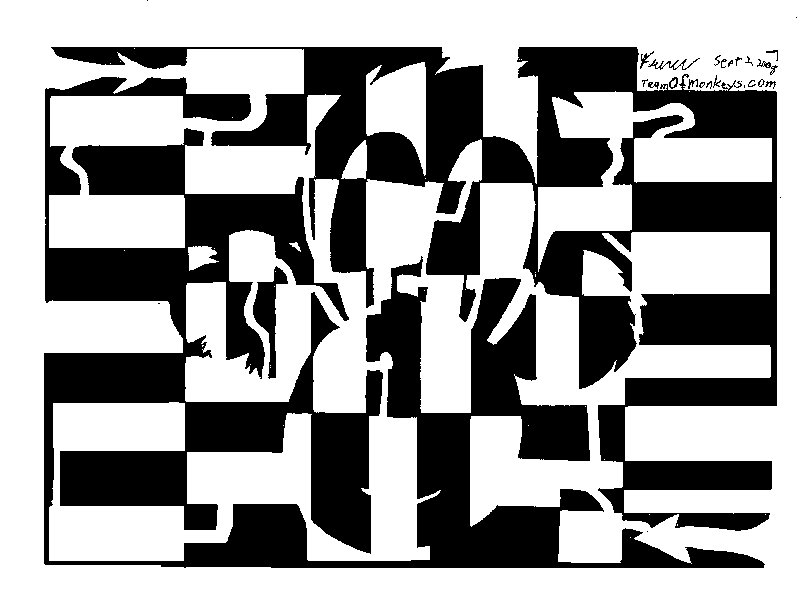
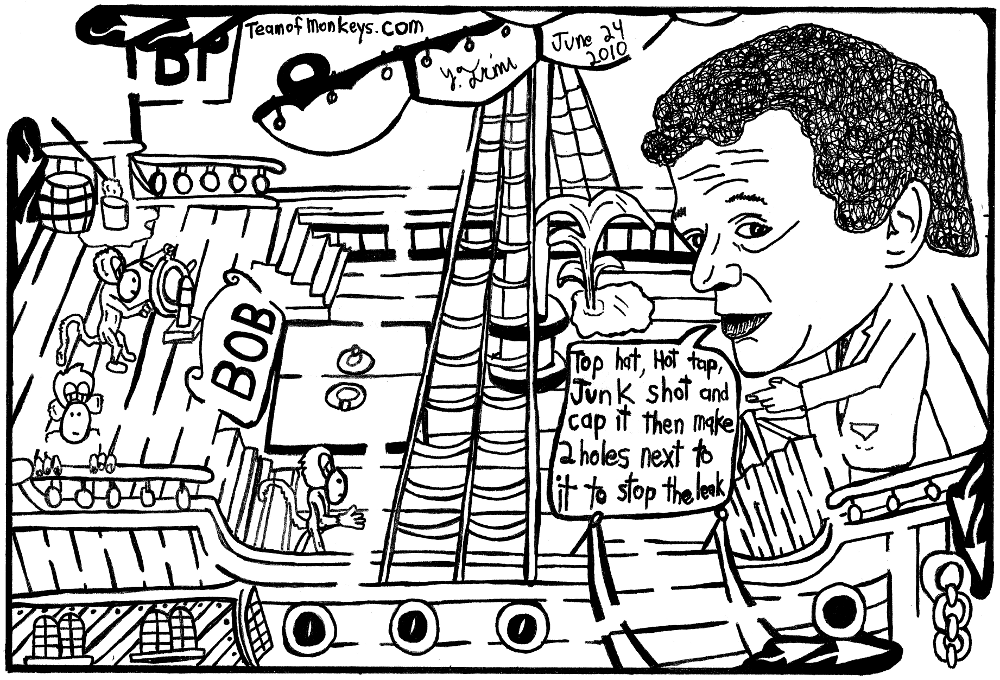
More about this maze cartoon's topic:
Gulf residents outraged by BP CEO's yacht outingVENICE, La. (AP) - Just when it seemed Gulf residents couldn't get any more outraged about the massive oil spill fouling their coastline, word came Saturday that BP's CEO was taking time off to attend a glitzy yacht race in England.
Tony Hayward's latest public relations gaffe didn't sit well with people in the U.S. who have seen their livelihoods ruined by the massive two-month oil spill.
"Man, that ain't right. None of us can even go out fishing, and he's at the yacht races," said Bobby Pitre, 33, who runs a tattoo shop in Larose, La. "I wish we could get a day off from the oil, too."
As social networking sites like Twitter and Facebook lit up with anger, BP spokespeople rushed to defend Hayward, who has drawn withering criticism as the public face of his company's halting efforts to stop the worst oil spill in U.S. history.
Robert Wine, a BP spokesman at the company's Houston headquarters, said it's the first break Hayward has had since the Deepwater Horizon rig exploded April 20, killing 11 workers and setting off the undersea gusher.
"He's spending a few hours with his family at a weekend," Wine said Saturday. "I'm sure that everyone would understand that."
Not Mike Strohmeyer, who owns the Lighthouse Lodge in Venice, on Louisiana's southern tip, who said Hayward was "just numb."
"I don't think he has any feelings," he said. "If I was in his position.....
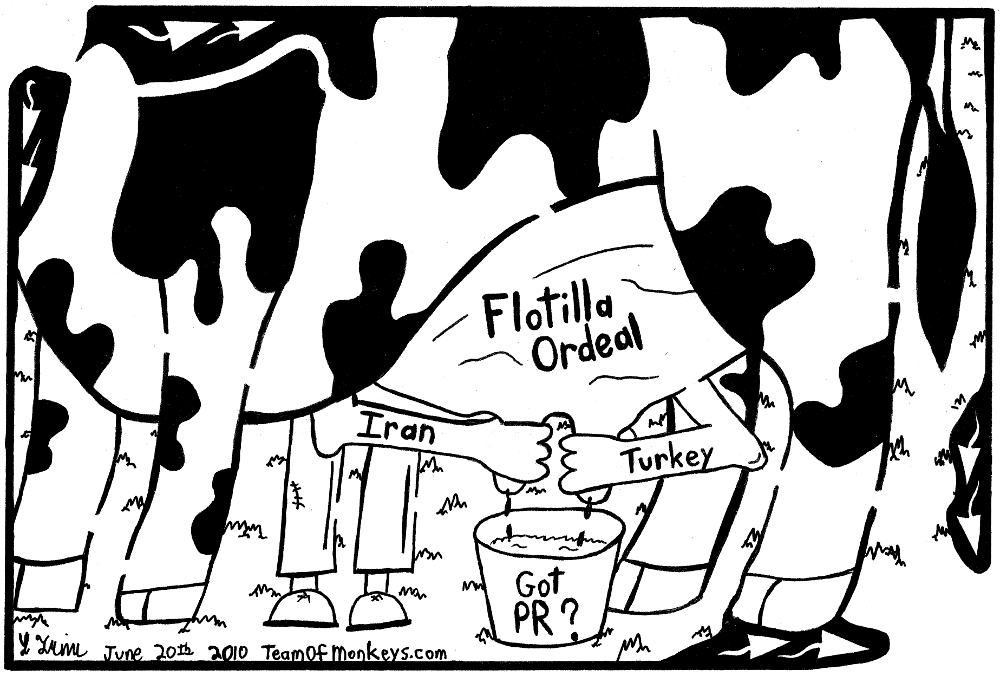
Israel could see what was coming. Before the convoy set sail, Israeli leaders pleaded with Turkish officials to stop it; they offered to allow the supplies to be delivered through an Israeli checkpoint. But Erdoğan’s government let it go anyway. Thus, Israel had no choice but to intervene directly. And those on the boat made sure it turned violent.
Now, Turkey is milking the event for all it’s worth. It accused Israel of state-sponsored terrorism. It compared the psychological impact of the incident on Turks to the 9/11 terrorist attacks on Americans. Turkish President Abdullah Gül called the Israeli raid a crime against humanity and said Israeli-Turkish relations will never be the same. Erdoğan labeled it a massacre. Turkish armed forces announced several cutbacks in cooperation with Israeli forces. The government also offered to supply Turkish naval protection for the next “aid” convoy to Gaza; “This would be, in effect, an act of war,” wrote Mark Steyn, “—more to the point, an act of war by a nato member against the State of Israel.”
(Read the full article on The Trumpet)
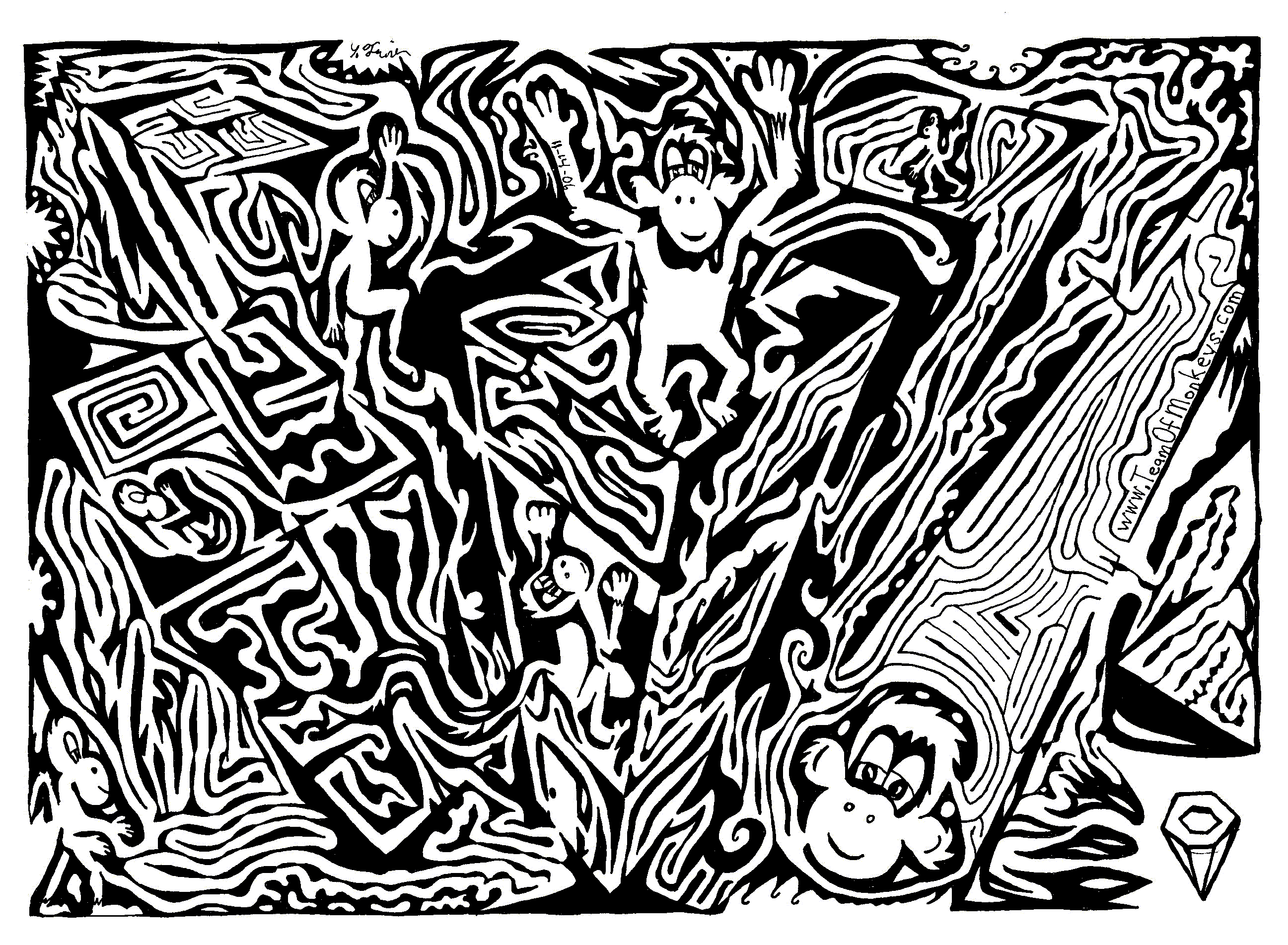
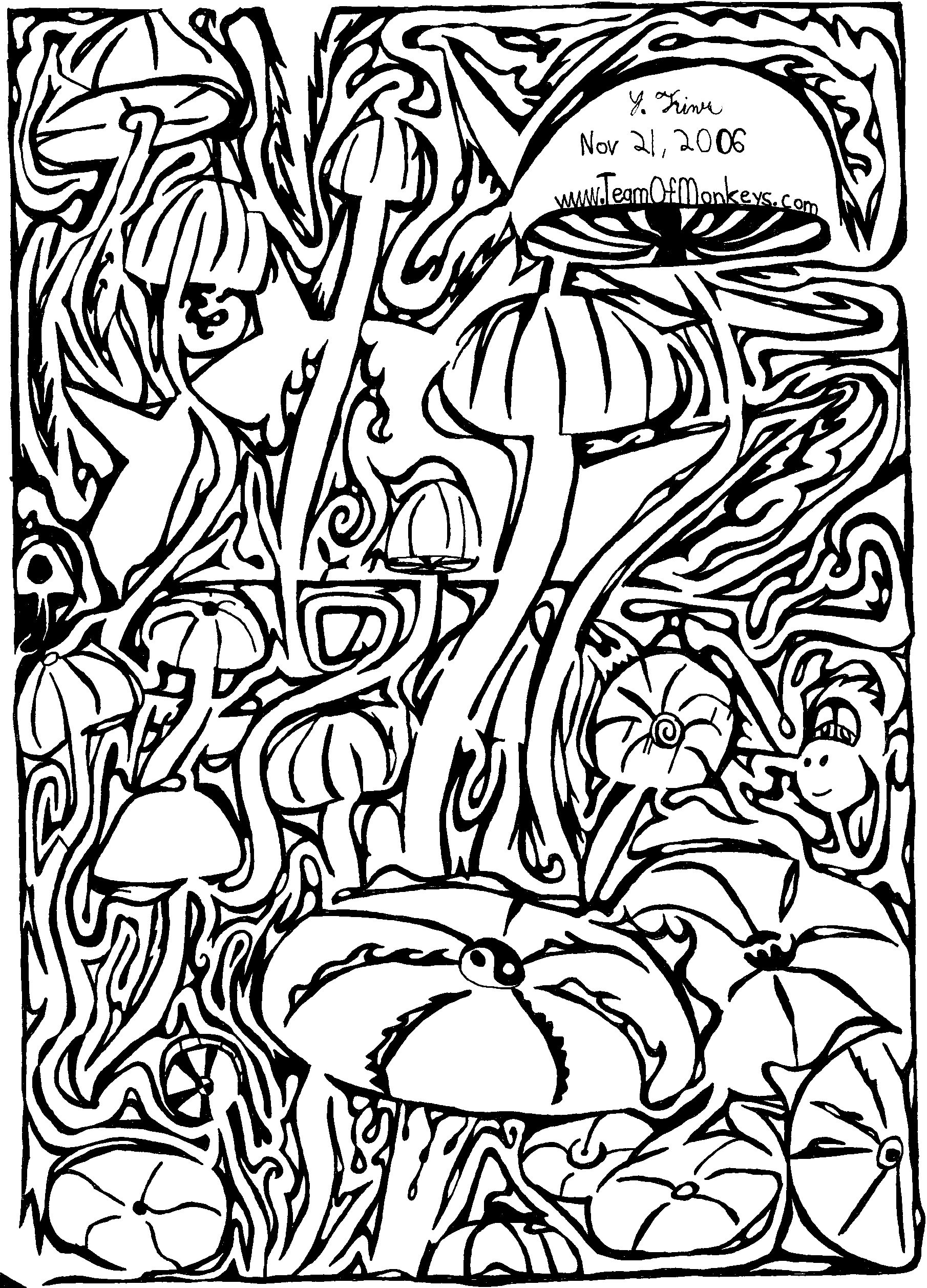
NEW YORK, June 17 (Reuters) - Around the turn of every year, bankers can think of only one thing: the size of their bonuses.
Even beyond bonus season, they run different scenarios and assumptions, trying to calculate their number.
This distracts them so much that the bigger the bonus at stake, the worse the performance, according to behavioral economist Dan Ariely, who lays out his theory in his new book "The Upside of Irrationality" (HarperCollins, $27.99).
"For a long time we trained bankers to think they are the masters of the universe, have unique skills and deserve to be paid these amounts," said Ariely, who also wrote the New York Times bestseller "Predictably Irrational."
"It is going to be hard to convince them that they don't really have unique skills and that the amount they've been paid for the past years is too much."
Ariely's findings come as regulators try to rein in Wall Street's bonus culture after the 2008 financial collapse. The financial industry argues it needs to pay large bonuses to attract and motivate its top employees.
In an experiment in India, Ariely measured the impact of different bonuses on how participants did in a number of tasks that required creativity, concentration and problem-solving.
One of the tasks was Labyrinth, where the participants had to move a small steel ball through a maze avoiding holes. Ariely describes a man he identified as Anoopum, who stood to win the biggest bonus, staring at the steel ball as if it were prey.
"This is very, very important," Anoopum mumbled to himself. "I must succeed." But under the gun, Anoopum's hands trembled uncontrollably, and he failed time after time.
A large bonus was equal to five months of their regular pay, a medium-sized bonus was equivalent to about two weeks pay and a small bonus was a day's pay.
There was little difference in the performance of those receiving the small and medium-sized bonuses, while recipients of large bonuses performed worst.
SHOCK TREATMENT
More than a century ago, an experiment with rats in a maze rigged with electric shocks came to a similar conclusion. Every day, the rats had to learn how to navigate a new maze safely.
When the electric shocks were low, the rats had little incentive to avoid them. At medium intensity they learned their environment more quickly.
But when the shock intensity was very high, it seemed the rats could not focus on anything other than the fear of the shock.
This may provide lessons for regulators who want to change Wall Street's bonus culture, Ariely said. Paying no bonus or smaller bonuses could help fix skewed incentives without loss of talent.
"The reality is, a lot of places are able to attract great quality people without paying them what bankers are paid," Ariely said. "Do you think bankers are inherently smarter than other people? I don't." (Reporting by Kristina Cooke; Editing by Daniel Trotta)
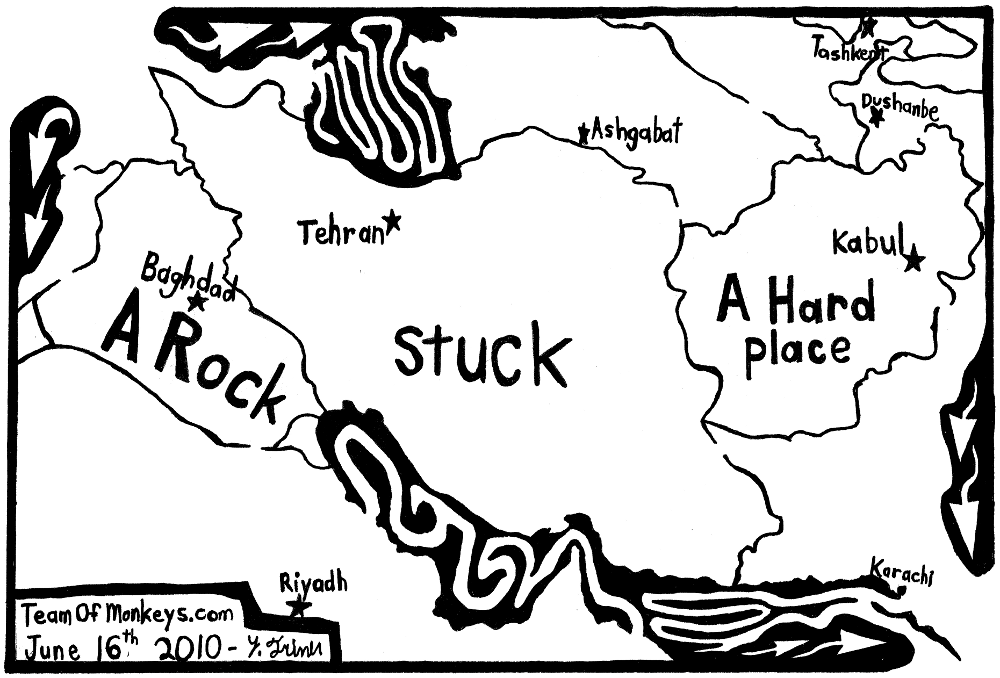
The United Nations Security Council approved a new round of sanctions against Iran last week for its refusal to curb the country's nuclear program, which the U.S. and its allies suspect is aimed at producing weapons. Iran denies that.
President Mahmoud Ahmadinejad said Iran favors a dialogue with the West, but will announce its conditions soon. He said the carrot-and-stick approach doesn't work and Iran will not make "one iota of concessions" to the West.
"You showed bad temper, reneged on your promise and again resorted to devilish manners," he said of the powers that imposed sanctions. "We set conditions (for talks) so that, God willing, you'll be punished a bit and sit at the negotiating table like a polite child," he told a crowd during a visit to the central Iranian town of Shahr-e-Kord. His speech was broadcast live on state TV.
Click here to read the full AP article| Maze Kong - by Yonatan Frimer | Mushroom Maze  Maze-a-delic by Yonatan Frimer |
When I was in high school, I had to drive a long distance on a freeway to get to school. After arriving, I often wondered how I got there. I didn't remember the drive or even thinking about driving.
This feeling is a common (and, yes, somewhat scary) experience that a group of neuroscientists think they can better explain. In an experiment with rats, researchers at MIT identified two distinct neural circuits in the brain that show distinct changes when the rats were learning to navigate a maze and, later, after they mastered the task.
The rats were placed in a maze that had chocolate sprinkles at the end. The activity in specific parts of their brains was analyzed as they learned the maze, which included a T-juncture where they had to stop and choose to turn right or left. The rats performed the maze repeatedly until they had learned it.
The study showed that one specific neural circuit became stronger with practice. A second neural circuit showed high activity occurring at times when the rats had to make a decision in the maze. But as they learned the maze, activity in this circuit declined. The task had become habitual.
So, arriving at school in one piece wasn't just a matter of luck. "It is good to know that we can train our brains to develop good habits and avoid bad ones," the lead author of the study, Ann Graybiel, said in a news release.
Understanding how specific regions of the brain change through learning could help in developing new treatments for brain-based diseases. The study was published Thursday in the journal Neuron.
-- Shari Roan
Photo credit: Advanced Cell Technology Inc.
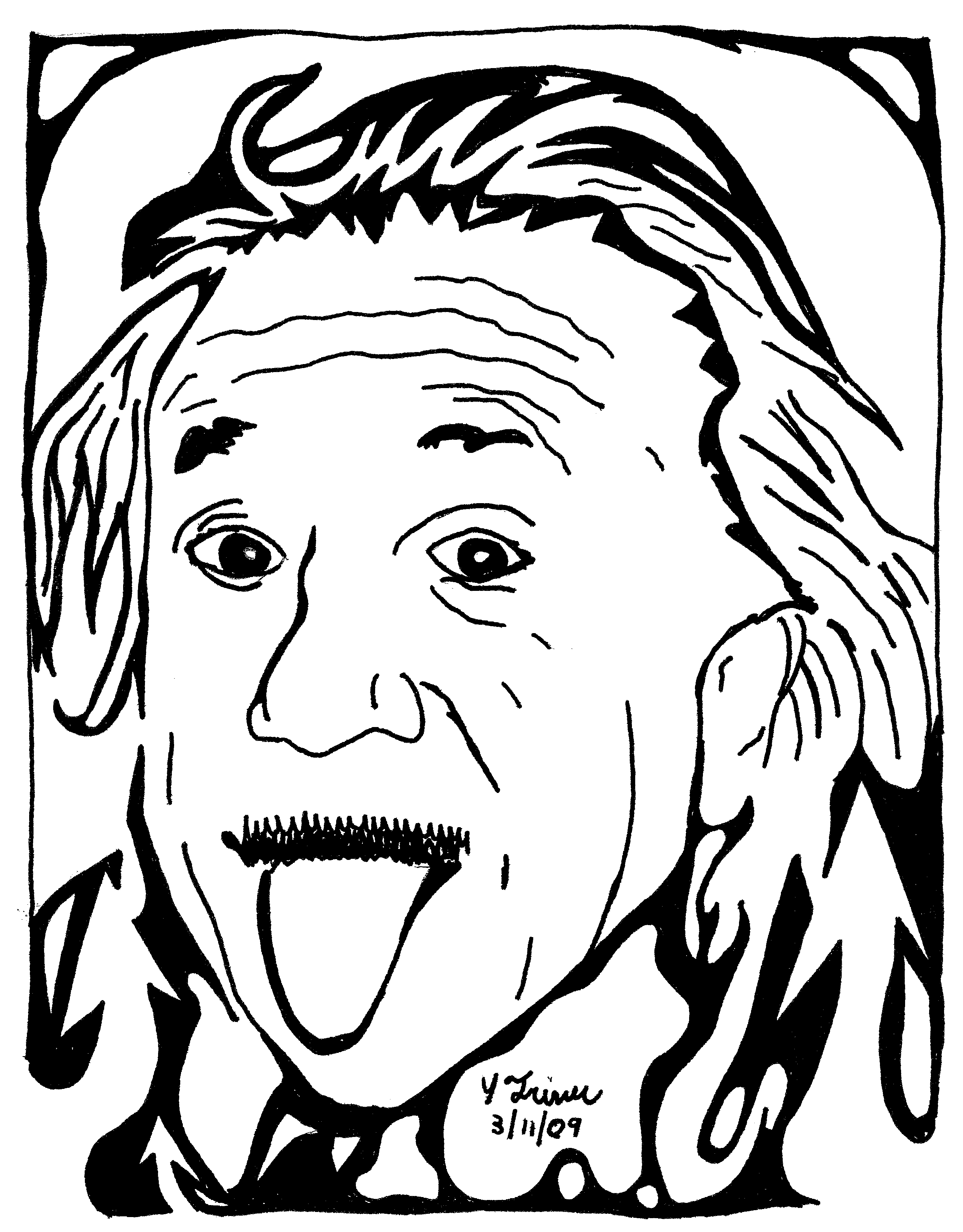




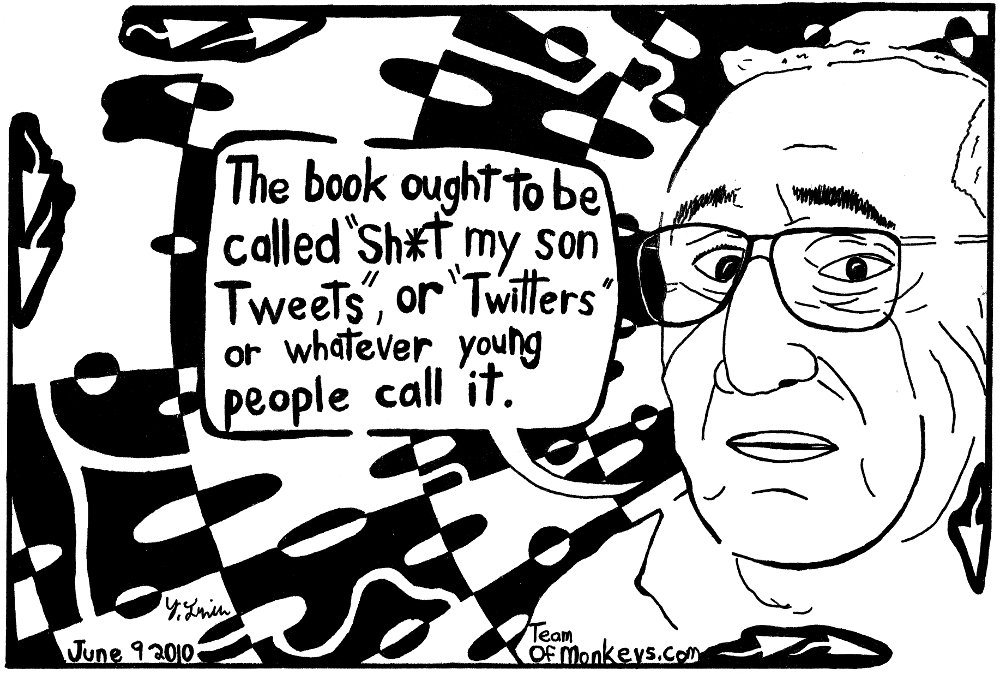
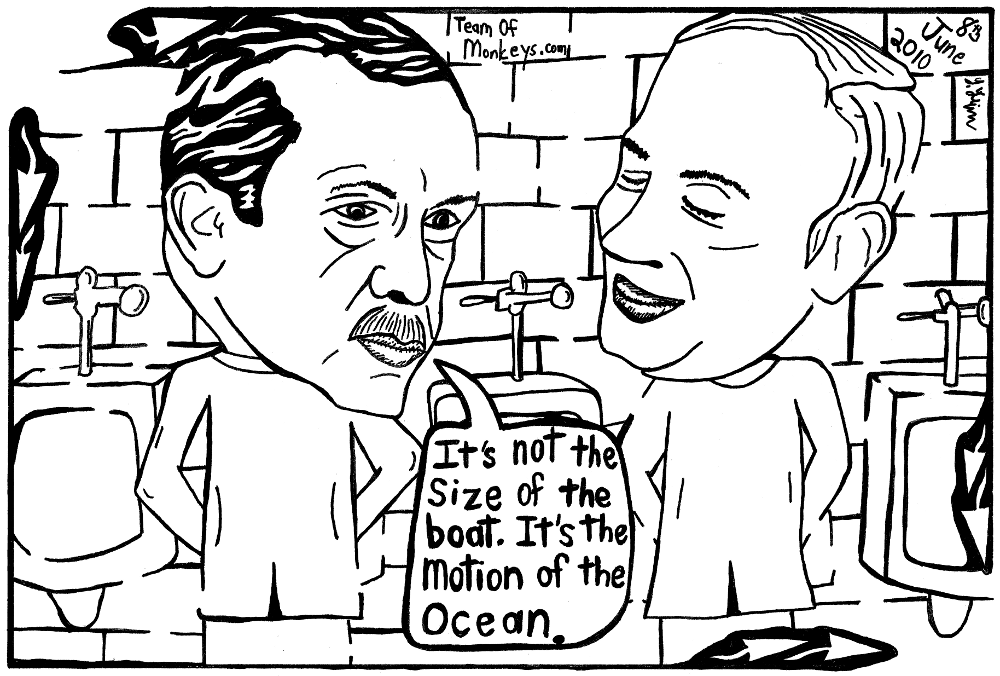


I am appalled that Helen Thomas's comments on Israel prevent her from speaking at Walt Whitman High School's commencement ["Helen Thomas bows out of speech," Metro, June 7]. I am also disgusted that Ari Fleischer and Lanny Davis conducted a campaign to punish Ms. Thomas, no doubt as retribution for her outspoken questions when they served in earlier administrations. Freedom of speech, however, is lost to their petty maneuvering.
Most of us would not agree with Ms. Thomas's unfortunate and seemingly uninformed comments about where Jews might live in peace. But she has the right to say what she thinks, and listeners can decide whether she is foolish, biased and out of touch. Had she spoken at Whitman, perhaps she would have retracted, perhaps she would have lamented further . . . or maybe not.
Whitman's cancellation under...Read entire article